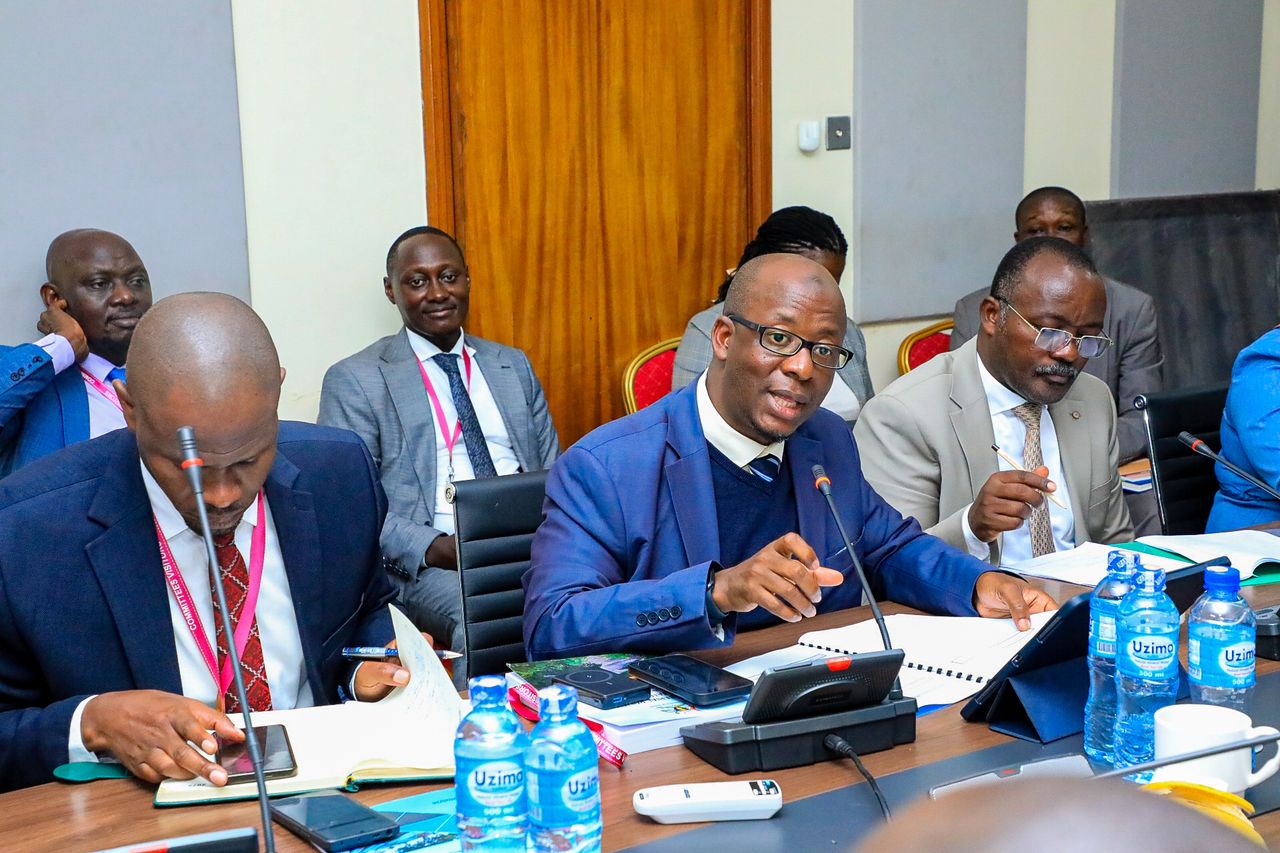Analysis
Gov’t Water Bill Arrears Explode To UGX100 Billion
The National Water and Sewerage Corporation (NWSC) has disclosed that unpaid water bills by government institutions have reached UGX100 billion, deepening the Corporation’s financial challenges and hindering its efforts to expand water services across the country.
The revelation was made by NWSC Managing Director, Dr. Silver Mugisha, while appearing before Parliament’s Committee on Environment and Natural Resources during the scrutiny of the Corporation’s 2025/26 ministerial policy statement.
“It’s true that agencies owe NWSC a lot of money, amounting to UGX100 billion. This accumulation is mainly due to under-budgeting. The funds allocated and approved in government agencies’ budgets do not match the actual volume of water consumed. It’s not that they don’t want to pay— they pay, but what they receive is less than what they owe,” Mugisha said.
When asked why NWSC has not accelerated the use of prepaid water meters to improve debt collection, Mugisha pointed to the high investment costs associated with the prepaid system, as well as technical vulnerabilities.
“We once had a system hack that crippled the prepaid water service. Restoring it was very expensive. That’s why we’re moving cautiously. We prefer to develop our own prepaid meter technology that we can troubleshoot independently. We already have a prototype and are working on scaling it up,” he explained.
He also noted that prepaid water meters require consistent credit, which many government agencies fail to maintain. In some ministries where the meters were installed, the Finance Ministry has repeatedly instructed NWSC to reconnect services when credit runs out, rendering the system ineffective and wasteful despite the heavy investment.
Dr. Mugisha also defended the Corporation’s decision to convert some staff roles to part-time, arguing that it was necessary to reduce employee costs, which currently account for 42% of NWSC’s budget—well above the industry norm of 35%.
“NWSC is facing significant challenges due to unpaid government water bills and rising operational costs. Employee benefits are a major expense, accounting for 42% of our budget. That’s above the industry benchmark of 35%. This is not financially sustainable,” he said.
He emphasized that the move is in line with the NWSC Act, which mandates the Corporation to operate in a financially and commercially viable manner.
“This trend is at odds with the Act. We are mandated to operate commercially. Our existence depends on being financially viable,” Mugisha said.
Addressing concerns that staff were being forced into part-time work, he clarified that the decision was voluntary and part of a broader strategy to maintain the Corporation’s viability.
“The NWSC Board of Directors approved this policy to ensure we remain afloat and can contribute more to internal investments. If we reduce staff costs from 42% to 35%, we’ll have more money to improve water service delivery,” he said.
“We’re not forcing anyone. We’ve issued an expression of interest for staff to opt into part-time work. Otherwise, contract terms are discussed upon renewal. At that point, if we offer you a three-day workweek and you agree, how is that coercion? Isn’t that better than what MPs did when they rationalised agencies and rendered many people jobless or underpaid?”
Comments



























